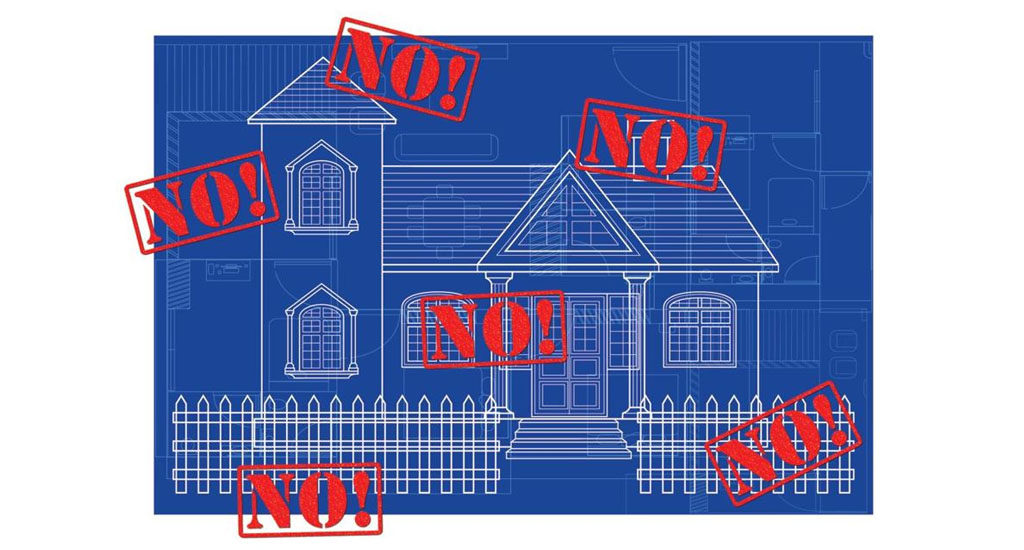Politicians running on the Republican line in heavily Democrat suburban districts like Northern Virginia must carefully pick and choose issues that might attract some cross over voters while not repelling the conservative base.
Sometimes, a local issue becomes a trip wire, with the potential to swing some voters.
It became clear that Barbara Comstock would likely lose when she became entangled in the fight for the Crunchy Conservative vote in the hills and valleys of western Loudoun County.
In the suburbs and exurbs, candidates must make room for many types of conservatism, hoping that in swing districts some voters in the middle will value a particular conservative position enough to pull the R lever.
For example, many social liberals worry about the national debt and deficit spending, so they might be attracted to a candidate who is to their right socially, but emphasizes fiscal restraint or tax reform, along with libertarianism on bedroom issues.
That Republican candidate might be derided as a RINO by purity testers in Powhatan County, but in Comstock’s 10th District running as a Republican means looking for votes in the nebulous middle.
To have had any chance, Ms. Comstock had to win big in western Loudoun County.
It’s questionable whether others along the conservative spectrum would recognize “crunchy conservatives” as kindred thinkers. They are part of the “leave me alone” coalition that rejects big government. But they are also suspicious of capitalism. A commentator on a 2011 article in The American Conservative described crunchy conservatism as “a leftward leaning hippie philosophy of sorts…that combines a non-pluralistic social religiousity…[with] an economic populism that sees corporate America as a soul-crushing force of greed and destruction.”
In Loudoun County, it is hard not to think there is more than a little “not in my backyard” fervor.
The playbook to activate the NIMBY vote everywhere is to generate opposition to some proposed infrastructure project or new business venture in the vicinity by claiming it is a near-and-present danger.
In a brilliant move this past August, Loudoun County Board of Supervisors Chair Phyllis Randall (D) raised the alarm about a factory being built in West Virginia, 12 miles from the state line and western Loudoun County. There was no indication that this type of factory has ever caused any environmental problems or is associated with any health issues. When facts aren’t politically helpful, basic fear-mongering to stoke NIMBY activism is the point. “They use (dare we say the word) chemicals in that factory!” without mentioning that chemicals are used in most any process and never escape the factory, but still…chemicals!
Once the alarm had been raised, a Facebook group in opposition to the factory quickly gathered more than 5,000 members.
NIMBY environmentalism is inherently suspicious of business and, when triggered in even the most conservative of the crunchy crowd, drives votes towards candidates who are perceived to share that suspicion.
What could Barbara Comstock do? She couldn’t afford to lose any of those votes, and the factory was not in her district but in nearby West Virginia. Comstock was offered no other choice but capitulation, aligning (and here) herself with the NIMBYs and putting herself on the side of environmental regulation based on the anti-western civilization, anti-science precautionary principle.
Hat tip to Loudoun County Democrats for a brilliant tactic that did not cost the county materially, and might have made the difference if the race had been closer.
Condolences to those who take the side of economic activity, who already know the high hurdles faced when politicians and activists beginning stoking baseless fear.
As for Barbara Comstock and any Republican faced with appealing to Crunchy Conservatives and combatting NIMBYism, those of us on the side of reason feel your pain.

